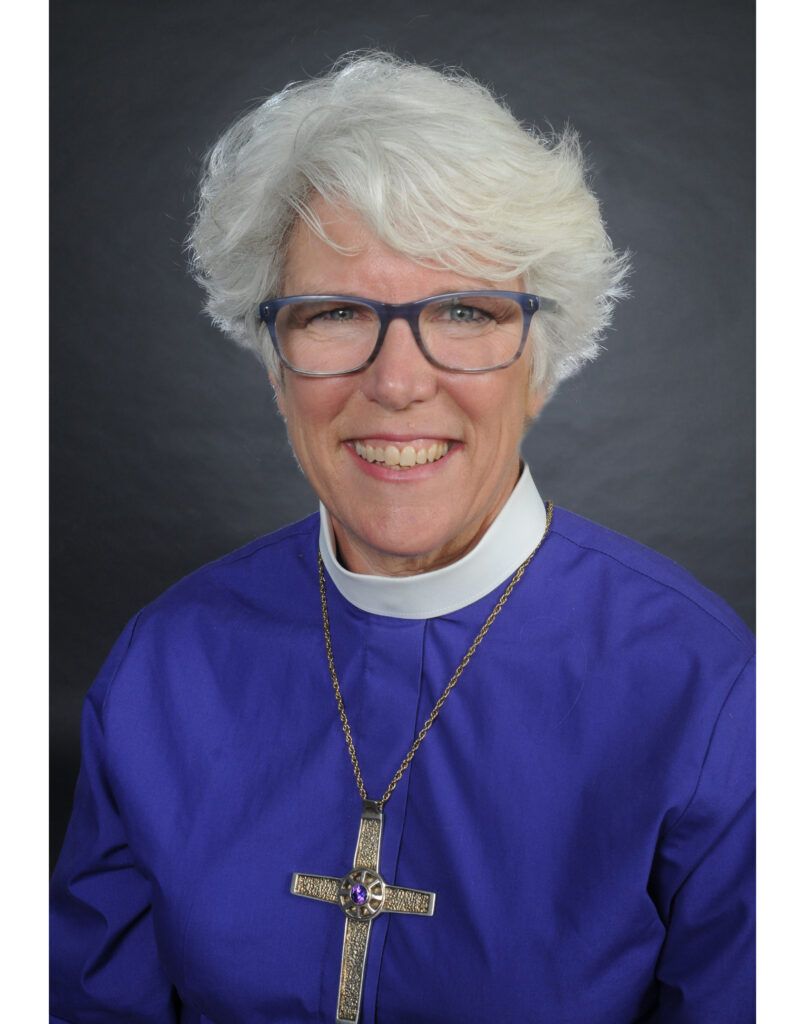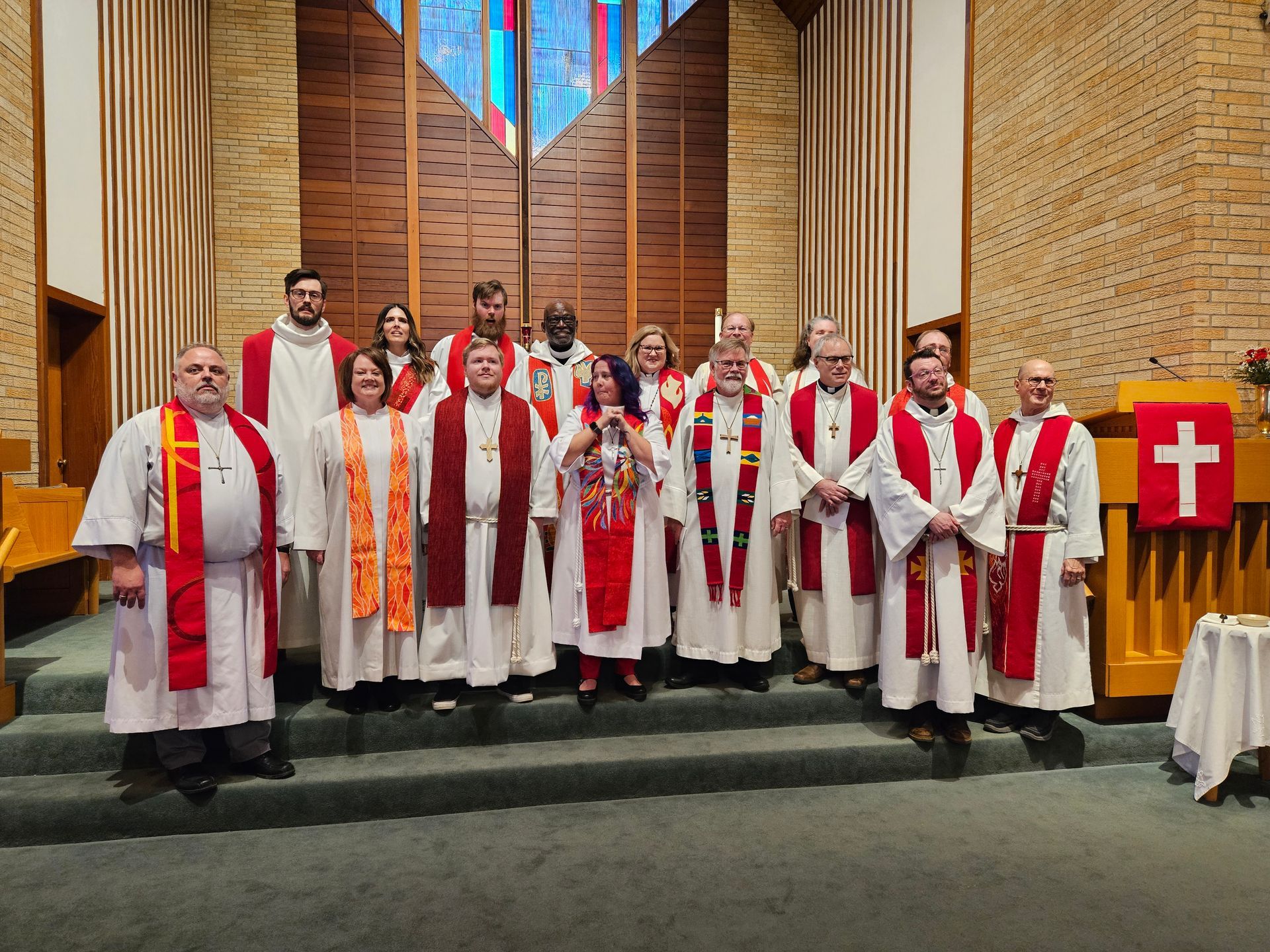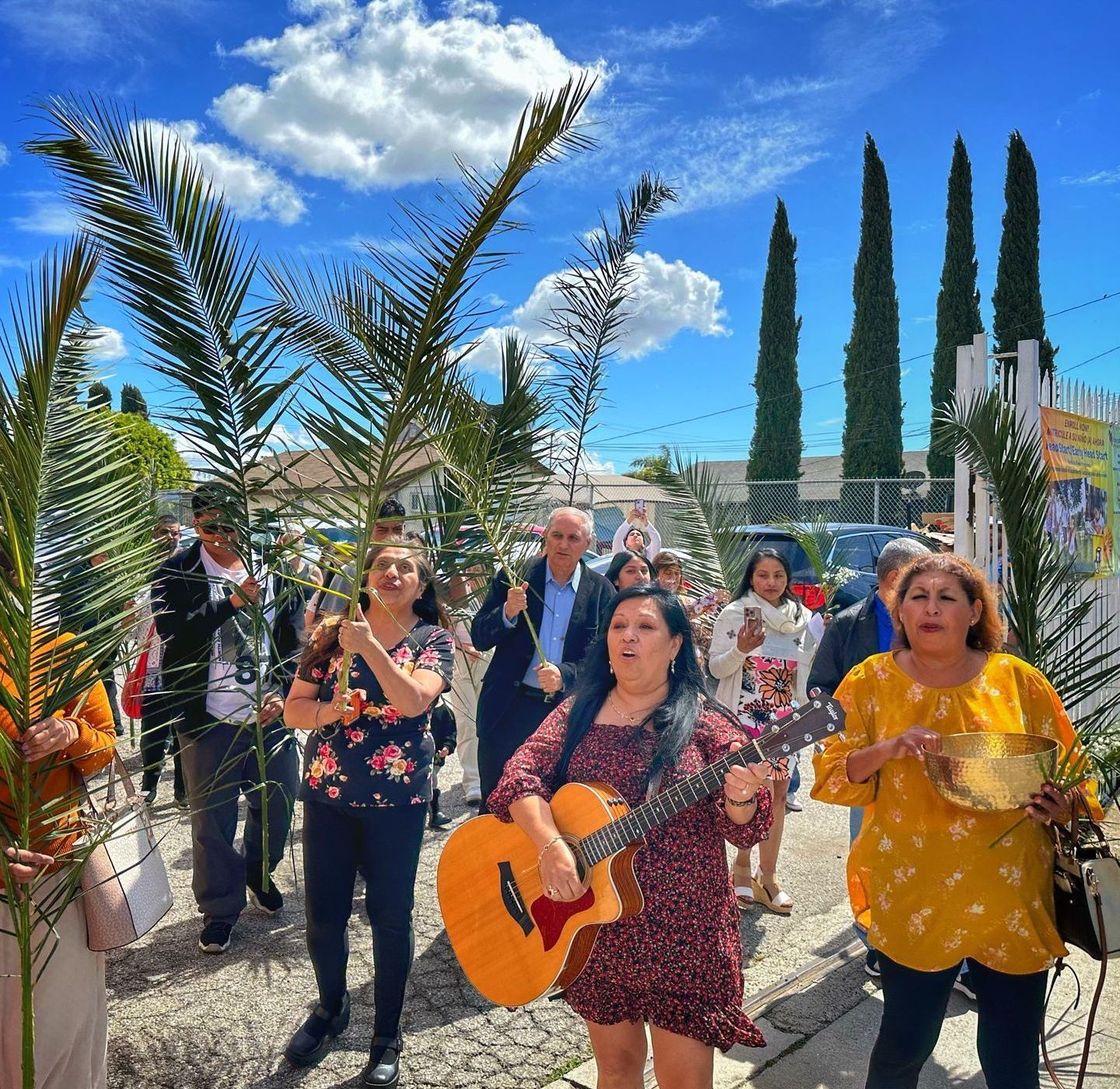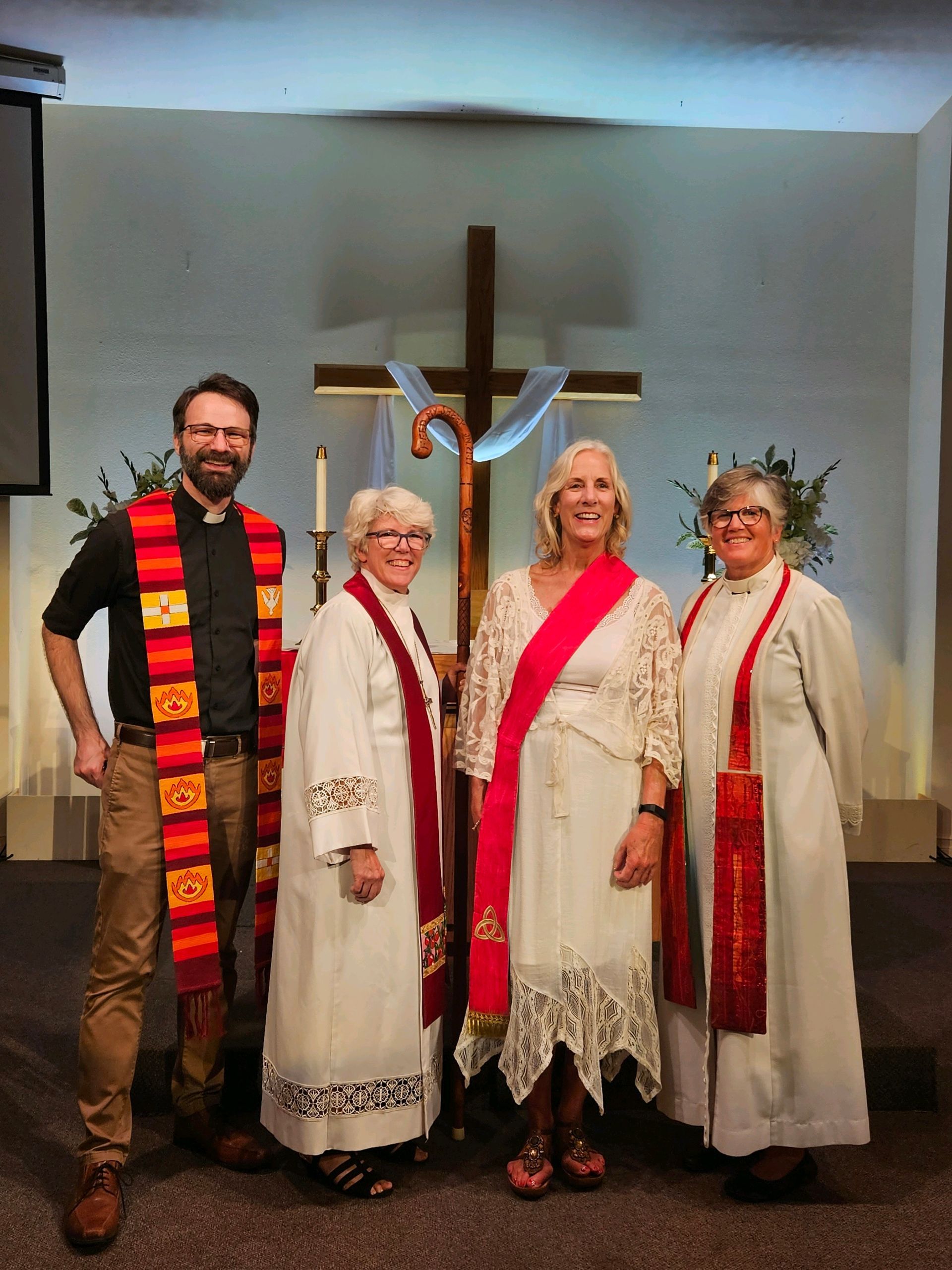By Bishop Brenda Bos
•
January 13, 2026
Grace and peace to you in this year of our Lord 2026. Last week we commemorated the one-year anniversary of the Eaton and Palisades fires. It was a tender time for me personally and professionally, and I am grateful to have participated in several community events as well as receiving many personal messages of support. Anniversaries of major events pack more emotional and physical impact than we might expect. I encourage you to reach out to anyone in your life who is remembering a tragedy, large-scale like the wildfires or much more individualized, such as a death or other loss. Just remembering this event will matter to your loved ones. This synod’s response to the wildfires and immigration enforcement has been a highlight of our work together in 2025. We have distributed nearly $120,000 in grants to fire survivors and support organizations. Your synod council recently approved a new disaster relief fund, which will respond to future disasters, natural or man-made. Our Disaster Relief Coordinator, Victoria Villa, is also funded by a grant from Lutheran Disaster Response. Your synod council asked for a Strategic Plan for the coming few years, and we are now working to fulfill that plan. The pillars of the plan are 1) Reimagining Ministry for a Changing Church, 2) Congregational Support and Resilience, 3) Financial Transformation for Long-Term Ministry and 4) Strengthening Internal Capacity. We came to these pillars after assessing the strengths and challenges of our congregations, our national church and our communities. We are living through a time of such change and uncertainty, and the church needs to bolster its resources and capacity to face these challenges. The Evangelical Lutheran Church in America is also prioritizing congregational vitality and outreach, and our Directors for Evangelical Mission and I are bringing these denominational resources to our synod. I like to say we are deepening our faith and ministries, rather than expanding them. This is not navel gazing. Rather, we are making sure we have a clear sense of what our congregational mission is, root ourselves more deeply in our Christian faith, and then prayerfully respond to the needs of our community, based on who Jesus is and how Jesus is calling us to act. Congregational support and resilience also require a re-imagining of ministry, most specifically how congregations are led. The entire denomination, and most mainline denominations are reporting fewer congregations can afford full-time ordained pastors. We are shifting from a pastor-led, congregation supported church to a lay-led, pastor-supported church. We will always need and support rostered leaders. Their commitment and education will always be a gift to our congregations. And we realize we need to educate and support lay leaders in worship leadership, preaching and church administration. We are recruiting and educating Synodically Authorized Ministers to support short-term and longer-term needs in our churches. A Synod Renewal Team has formed to assist congregations in self-assessment and visioning a different, but still faithful future. If you are interested in the work of the renewal team for your congregation, contact Pr. Amy Beveridge in our offices. While most of our congregations are working with fewer resources, generosity remains strong. Our congregations have faithfully donated to their own ministries and continue to give vigorously to the synod and wider church. Once again we are in the 90-95th percentile of our income budget – THANK YOU for this courageous support. The other two pillars in our strategic plan call for Strengthening Internal Capacity and Financial Transformation for Longterm Ministry, both of which are internal synodical process reviews which will impact the synod office’s ability to serve congregations more effectively. We will share our processes in the hope our congregations can also adopt best practices. For example, we will streamline and clarify grant processes, so our congregations and ministry sites have a smoother application and notification process. This granting structure may be helpful in your own congregation as you find faithful ways to allocate your own funds. While financial transformation is a key part of our strategic plan, this does not mean we are lacking in resources and ministries. As DEM Laura Salazar Krueger wrote in a previous newsletter, our strategic ministries and Synodically Authorized Ministries received $444,000 in grants, including $131,000 from our own First Lutheran Los Angeles fund, $207,150 from the Churchwide Organization (ELCA) and $85,000 from the proceeds of building sales in this synod. This movement of funds shows the interconnectedness of our synod, these congregations and the wider church. I end this quarterly report with the same message with which I began. We are church together. Our interconnectedness at the national to the congregational level is our strength, and I am grateful for it. Just as I need community to rebuild from the wildfires, so too we need each other as we continue God’s sacred journey of faithfulness and love. God bless us in 2026.














